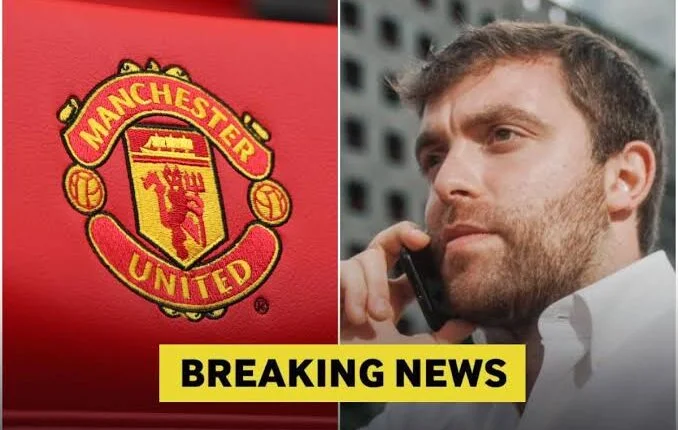Reports claiming that Manchester United’s summer signing Matheus Cunha clashed with manager Ruben Amorim during pre-season have been making the rounds, but it’s important to clarify that no credible source has verified such an incident.
The supposed story, which describes a heated argument over tactics and positioning, appears to be part of the wave of sensationalized, fictional football drama that often circulates online to stir debate among fans.
The truth is quite different. As of mid-August 2025, Matheus Cunha remains a Wolverhampton Wanderers player. While there have been transfer rumours linking him to Manchester United, no official deal has been completed.
That alone makes the claim of a “training ground confrontation” misleading, since he has not even joined the club.
In reality, Manchester United’s pre-season has been largely focused on adapting to new manager Ruben Amorim’s philosophy, integrating fresh arrivals such as Sesko and Zirkzee, and building match fitness ahead of the campaign.
Ruben Amorim himself has only just stepped into his Old Trafford role. Known for his structured 3-4-3 formation and his emphasis on pressing and positional discipline, Amorim does demand a lot from his players.
His system is not easy to adapt to immediately, and at Sporting CP there were players who initially struggled with its intensity before ultimately thriving.
However, despite these tactical realities, there is no evidence of Amorim falling out with Cunha or any other player over pre-season disagreements.
The fictional reports do, however, lean on one accurate point: Amorim’s system prioritises teamwork, discipline, and collective organisation over individual freedom.
Some attackers naturally find such rigid tactical frameworks restrictive, but Amorim’s track record — including winning a league title with Sporting and ending a 19-year drought — shows how effective his approach can be when properly implemented.
This tactical background likely gives fabricated stories about players “rebelling” against his methods a sense of believability, even though they lack factual basis.
Ultimately, while the idea of Cunha boldly challenging Amorim makes for dramatic reading, it simply isn’t grounded in reality.
Instead, what fans should focus on is whether Manchester United actually secure Cunha’s signature in the transfer market. Only then could questions of role, positioning, and adaptation truly arise.
Until that point, stories of heated confrontations between player and manager remain fictional creations designed to generate clicks and conversation.
For now, Amorim’s priority remains shaping his new Manchester United side for the season ahead, not dealing with imaginary feuds.
